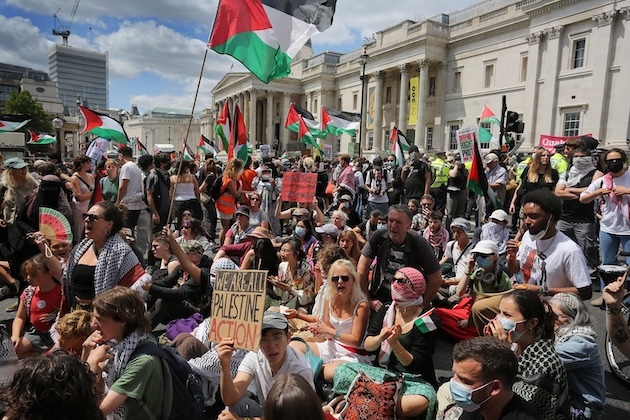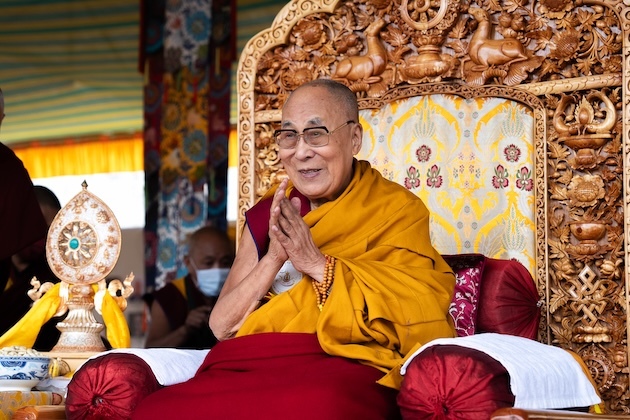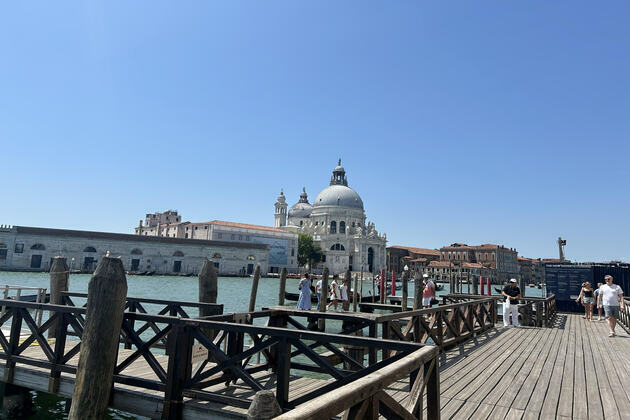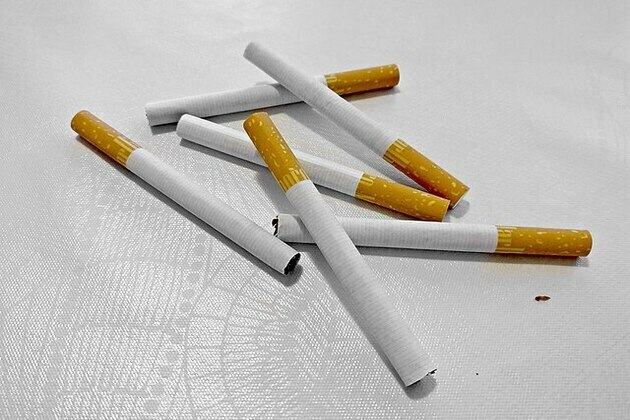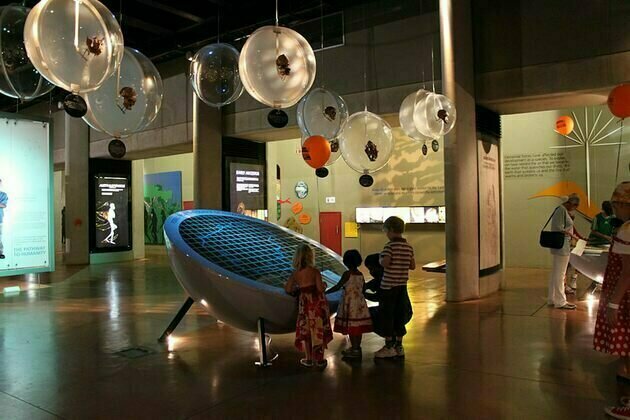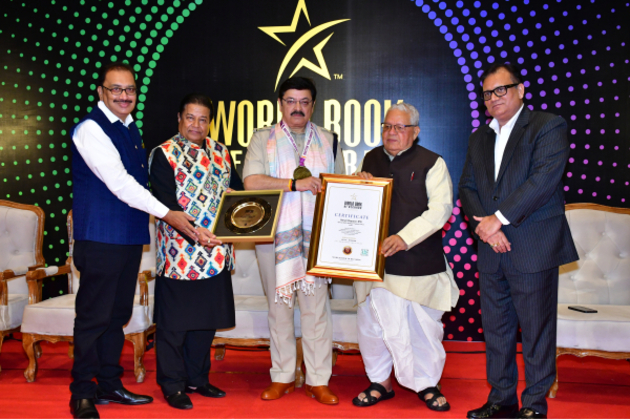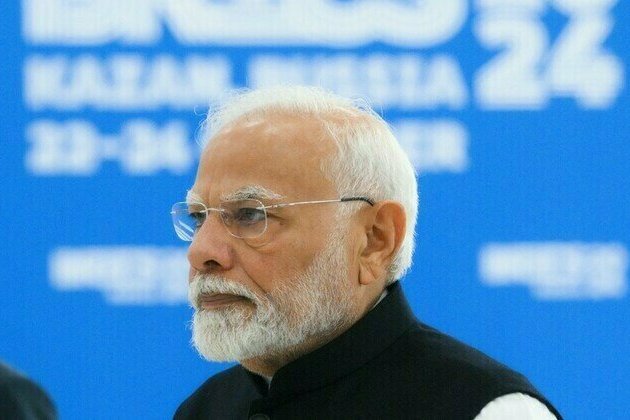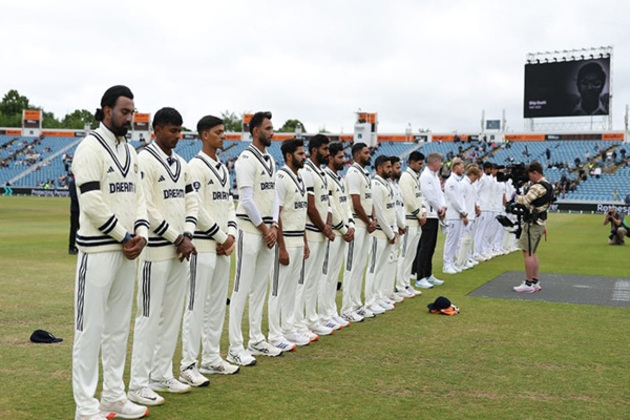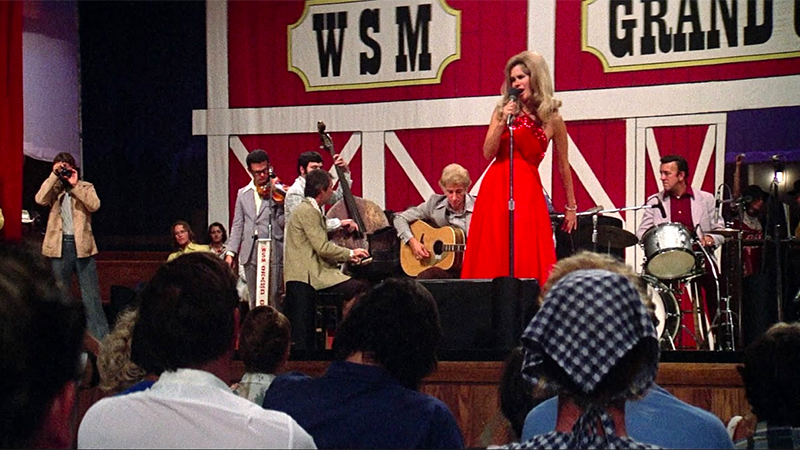Ruth First and activist research: the legacy of a South African freedom fighter
The Conversation
03 Jul 2025, 13:50 GMT+10
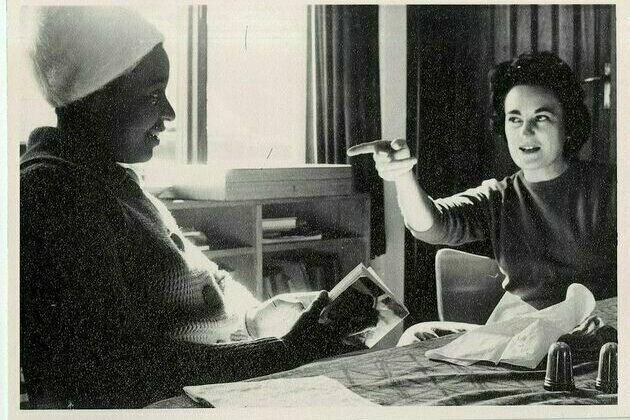
Ruth First, born 100 years ago, was a South African freedom fighter, journalist and scholar who worked against the racist system of apartheid during white minority rule. She was assassinated by apartheid forces in her office at the Eduardo Mondlane University in Mozambique in 1982.
Her ideas, work and legacy live on. Sociologists Saleem Badat and Vasu Reddy have edited a new book called Research and Activism: Ruth First & Activist Research. We asked them about her and their project.
Heloise Ruth First was born on 4 May 1925 in Johannesburg to Jewish parents who had migrated from eastern Europe to South Africa in the early 1900s. Her parents were founder members of the South African Communist Party.
She joined the Young Communist League and the Federation of Progressive Students and graduated from the University of the Witwatersrand in 1946 with a Bachelor of Arts degree.
At 21, First joined the left-wing South African newspaper The Guardian. When it was banned, the New Age took its place until it too was banned in 1962. She served as the newspaper's Johannesburg editor for 17 years.
In 1963, First was arrested at the University of the Witwatersrand library and held in solitary confinement for 117 days, during which time she was ruthlessly interrogated. The following year she and her three children left South Africa for England on an exit permit, where they joined her partner, the activist and politician Joe Slovo. She would not set foot again in South Africa. Continuing with her activist research in England, she taught at Durham University and then joined Eduardo Mondlane University until hear death.
The mid-1940s to early 1960s were tumultuous years in South Africa. With the rise of formal apartheid in 1948, racial segregation was intensified.
First's intrepid and penetrating journalistic research exposed her to the brutality of labour exploitation and control on the mines and the farms. It reinforced her understanding of South Africa in Marxist terms.
She wrote:
Silence in the face of injustice is complicity.
For her:
The will to fight is born out of the desire for freedom.
She was confident that:
The power of the people is greater than the power of any government.
First believed that ignorance is "the enemy of progress and justice" and that knowledge and education are "key to empowering individuals and challenging oppressive systems". These words ring true in today's global events driven by right-wing authoritarianism, US imperialism and acts of genocide.
On learning of her death, former South African President Nelson Mandela recalled:
I was in prison when Ruth First was assassinated, felt almost alone. Lost a sister in arms ... It is no consolation to know that she lives beyond her grave.
As authors, we revisit Ruth First's life, work and ideas and its relevance for the current context. We focus especially on the nature of her scholarship and how she navigated the tensions between her activism and her research - whether journalistic or for her books on South West Africa (today's Namibia), Libya or western investment in apartheid. Other of her acclaimed books included The Barrel of a Gun: Political Power in Africa and the Coup d'etat and, during her Mozambican sojourn, Black Gold: The Mozambican Miner, Proletarian and Peasant.
In the process we invite renewed critical reflection about her life and work. Inspired by First's contributions, the book considers how universities and scholars engage with institutions and social movements beyond the university.
For example, in the book a research group from Durham University in the UK considers how to balance objectivity (showing no bias) with more politically participatory research methods and how objectivity can be enhanced despite the difficulties faced by activist research.
Other scholars reflect on the work of the assassinated South African anti-apartheid activist scholar and lecturer Rick Turner on climate change. And on the complexities of undertaking activist research in Marikana with a women's organisation, Sikhala Sonke. Marikana was the site where South African police opened fire on and killed 34 striking mineworkers in 2012.
There is examination of a research partnership between University of Cape Town activist scholars and some Khoi-San communities, reflection on the challenges of legal practice and education, and critical analysis of the decolonisation challenges of the KwaZulu-Natal Society of the Arts.
The book shows that there is a difference between engaged research, critical research and activist research.
Engaged research tries to connect knowledge produced by academics with institutions, movements and experts outside the university to collaboratively address issues and promote cooperation.
Critical research uses radical critical theory to critique oppression and injustice, to show the gap between what exists today and more just ways of living. However, it does not necessarily connect with political and social movements.
First's research was not only engaged, but also critical in orientation and activist in nature. As activist research it challenged oppression and inequality.
It both critiqued the status quo in South Africa and elsewhere and tried to change it. It was linked with movements and connected to political activism that was anti-colonial, anti-imperialist, and committed to socialism.
Read more: Lessons learnt from taking sides as a sociologist in unjust times
First's activist research did not confine itself to the academic arena but engaged with larger, wider and more diverse publics. It used this experience to critique dominant and often limited thinking at universities and promoted other ways of producing knowledge. The expertise developed was used to improve scholarship in various ways.
There is much talk about the "engaged university" and engaged research. However, only certain connections and engagements seem to be valued.
Prior to democracy in 1994, South African researchers connected with social movements for change. Now this is seldom the case. Universities and scholars largely engage with those with money - the state, business, elites and donors.
Read more: Regina Twala was a towering intellectual and activist in Eswatini - but she was erased from history
This raises questions about the roles of researchers in South Africa, whose interests are prioritised and the place of critical and activist research in the engaged university.
We must honour her for her intellectual and practical activism. What matters is not just her knowledge archive, but also her example as both an outstanding interpreter of the world and an activist scholar committed to changing society in the interests of the downtrodden, marginalised and voiceless.
First was a critical and independent thinker who refused to accept anything as settled and beyond questioning. But that intellect was committed to loyalty to the national liberation movement of which she was an invaluable cadre.
The views expressed in this piece do not reflect or represent the position of the university to which Badat and Reddy are affiliated.
 Share
Share
 Tweet
Tweet
 Share
Share
 Flip
Flip
 Email
Email
Watch latest videos
Subscribe and Follow
Get a daily dose of Cape Town Express news through our daily email, its complimentary and keeps you fully up to date with world and business news as well.
News RELEASES
Publish news of your business, community or sports group, personnel appointments, major event and more by submitting a news release to Cape Town Express.
More InformationInternational
SectionUK lawmakers desigate protest group as terrorist organization
LONDON, UK - Lawmakers in the United Kingdom have voted overwhelmingly to proscribe the direct-action group Palestine Action as a terrorist...
Dalai Lama to address Buddhist conference, reveal succession plan
DHARAMSHALA, India: The Dalai Lama is set to address a significant three-day conference of Buddhist leaders this week, coinciding with...
US Supreme Court backs Texas efforts to shield minors online
WASHINGTON, D.C.: In a significant ruling last week, the U.S. Supreme Court upheld a Texas law requiring age verification for users...
Turkey, France battle wildfires amid early Europe heatwave
ISTANBUL/PARIS/BRUSSELS: As searing temperatures blanket much of Europe, wildfires are erupting and evacuation orders are being issued...
Venetians protest Bezos wedding with march through the town
VENICE, Italy: Over the weekend, hundreds of protesters marched through the narrow streets of Venice to voice their opposition to billionaire...
New French law targets smoking near schools, public spaces
PARIS, France: France is taking stronger steps to reduce smoking. A new health rule announced on Saturday will soon ban smoking in...
South Africa
SectionFun with fossils: South African kids learn a whole lot more about human evolution from museum workshops
South Africa has one of the world's richest fossil records of hominins (humans and their fossil ancestors). But many misconceptions...
Ruth First and activist research: the legacy of a South African freedom fighter
Ruth First, born 100 years ago, was a South African freedom fighter, journalist and scholar who worked against the racist system of...
World Book of Records Award Ceremony Held in India, Honouring Achievers across continents
SMPL New Delhi [India], July 3: World Book of Records Award Ceremony was held at The Park Hotel, honouring individuals from India...
Eco labels in South Africa don't do the job: how to help customers make informed choices
South Africans want to shop more sustainably, according to research published in the journal Sustainable Development. But most can't...
India is committed to BRICS Modi
Indias PM believes the platform will contribute to a balanced multipolar world order BRICS is a crucial platform for fostering cooperation...
India, England players wear black armbands to pay tribute to Wayne Larkins
Birmingham [UK], July 2 (ANI): Indian and England players were wearing a black armband before the start of play on Day 1 of the second...

